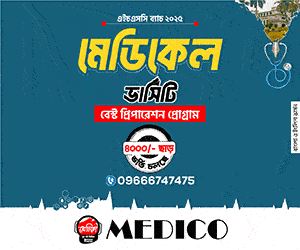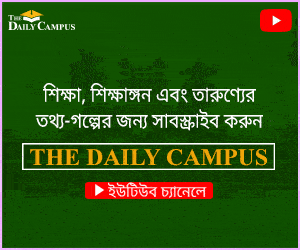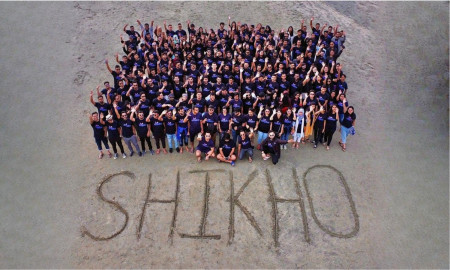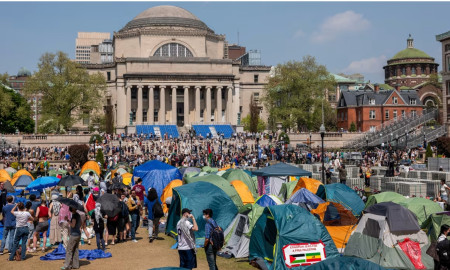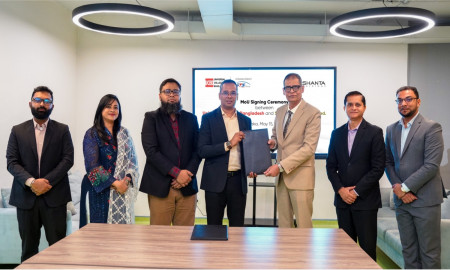How Teaching is Conducted at the ‘Indigenous Medical College’ for Unani and Ayurvedic Medicine
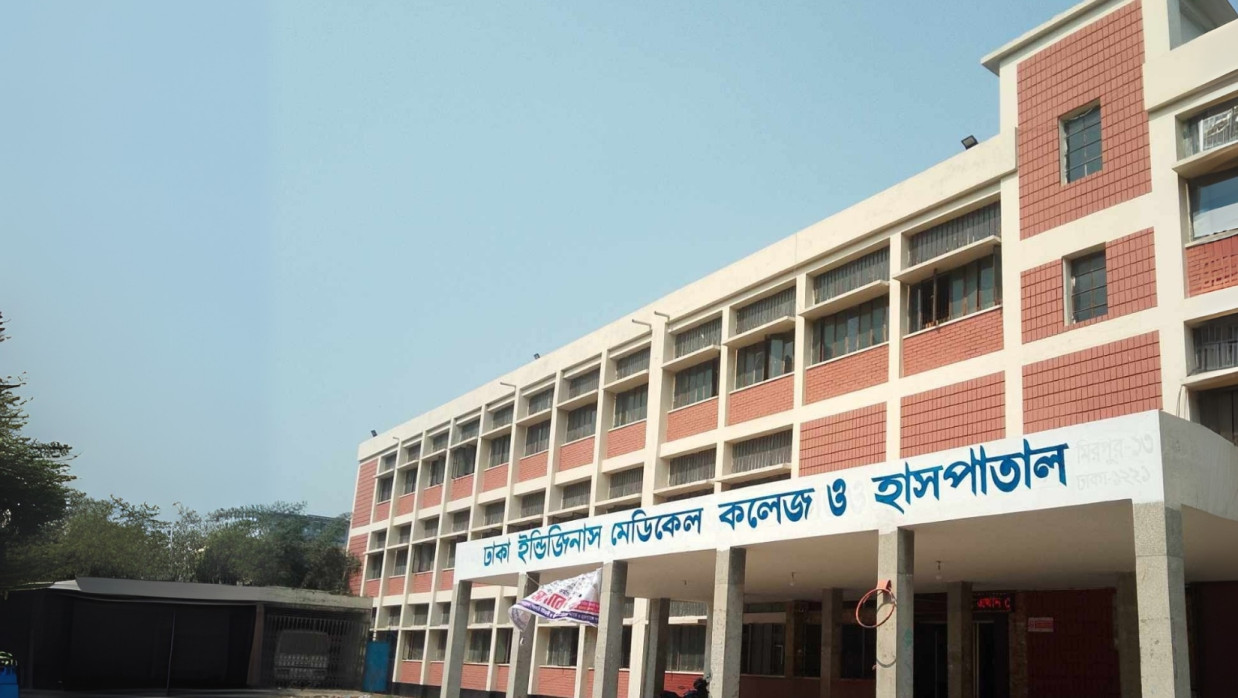
Currently, four medical systems are officially recognized by the government in Bangladesh. These include Allopathic, Unani, Ayurvedic, and Homeopathic medicine. Among these, Unani and Ayurvedic systems hold significant importance. According to the World Health Organization (WHO), nearly 80 percent of people across Asia and Africa rely on these traditional medical practices. This insight comes from Dr. Md. Nazmul Huda of the Government Unani and Ayurvedic Medical College in Dhaka, now renamed as the Dhaka Indigenous Medical College.
A visit to the institution on Tuesday, March 25, revealed that the college offers two principal degree programs: Bachelor of Unani Medicine and Surgery (BUMS) and Bachelor of Ayurvedic Medicine and Surgery (BAMS). Both programs are considered equivalent to the MBBS degree in terms of academic level and recognition, both nationally and internationally. Each course spans six years, comprising five years of academic instruction followed by a one-year internship. This curriculum is designed to provide students with comprehensive theoretical knowledge as well as practical exposure.
The college boasts a faculty of approximately 42 highly qualified educators, many of whom hold advanced degrees from both home and abroad. These experienced professionals play a pivotal role in delivering quality education. Students benefit from a range of facilities, including a vast library stocked with diverse academic texts and research publications, and an anatomy museum that offers a detailed understanding of human anatomy.
Admission criteria at the college align with the standards set by the Directorate General of Health Services for MBBS and BDS courses. Prospective students must meet specific academic qualifications to be eligible for the admission test, which is held annually. The intake capacity is 50 students each year, with 25 admitted to the BUMS program and 25 to the BAMS program.
Additional facilities include a Pharmacology and Pharmacognosy museum, where students gain in-depth knowledge of medicinal substances and their applications. Laboratories for pathology, physiology, and pharmacy enhance students’ clinical and laboratory skills.
Dr. Nazmul Huda emphasizes that Unani and Ayurvedic medical systems are science-based and have a long-standing heritage of efficacy. These traditional practices have been used for centuries in Bangladesh, India, Sri Lanka, Nepal, and other parts of the world. He adds that these systems play a crucial role in maintaining both physical and mental well-being. Despite modern advances, their popularity remains strong, as they effectively contribute to disease prevention, treatment, and promoting healthy lifestyles.
The institution also features a production unit and research laboratories, fostering an environment conducive to innovation and new discoveries. Herbal gardens and field trips further enhance students’ hands-on experience and deepen their understanding of natural healing methods.
Currently, the college hosts approximately 300 students across multiple batches, with academic programs underway for batches 30 through 35. Students actively engage in theoretical lessons, clinical training, and practical assignments as part of their curriculum.
The courses encompass 10 terms, three college finals, and three professional examinations, with a total of 4,900 marks allocated for evaluation. For male students, the college provides a modern and well-equipped hostel, offering a comfortable and motivating environment conducive to academic success and personal well-being. However, there is presently no hostel facility available for female students, which poses a challenge for their participation, as noted by Dr. Nazmul Huda.
Final-year student Tanvir Hossain points out that research activities at the college are currently limited, mostly confined to assignment-based work. He stresses the need for increased research opportunities and encouragement to help students enhance their knowledge and practical skills. He also remarks that practical classes, often conducted ward-to-ward, provide valuable real-life learning experiences, though faculty shortages sometimes affect the quality of teaching. The research laboratory requires modernization to better support student work. Nevertheless, classroom facilities are generally adequate, and the herbal gardens are instrumental in fostering students’ interest and hands-on learning in natural medicine.
Students highlight the growing public interest in herbal and natural therapies, reflecting increasing trust in the college’s medical practices. Counselling and mental health services are also provided, contributing significantly to overall patient well-being.
The curricula for both courses include 28 subjects divided into various categories. Non-clinical subjects cover anatomy, physiology, biochemistry, and the basic principles of Unani and Ayurvedic medicine. Clinical subjects include medicine, gynecology, pediatrics, ENT, ophthalmology, and surgery. Mid-level subjects cover paraclinical studies such as pharmacology, pharmacy, forensic medicine, pathology, and community medicine.
The college is committed to delivering a structured and comprehensive education in Unani and Ayurvedic medicine, preparing its graduates to meet both national and international healthcare needs effectively.


